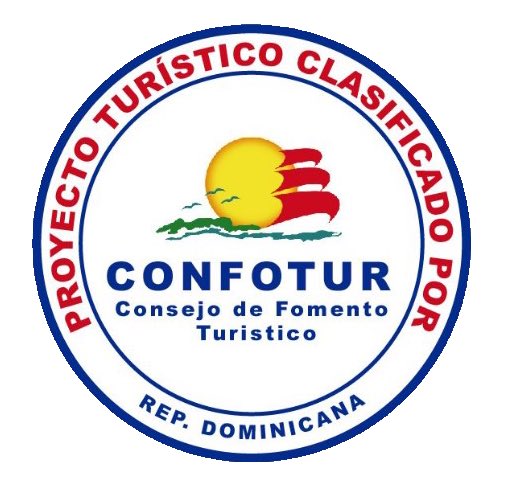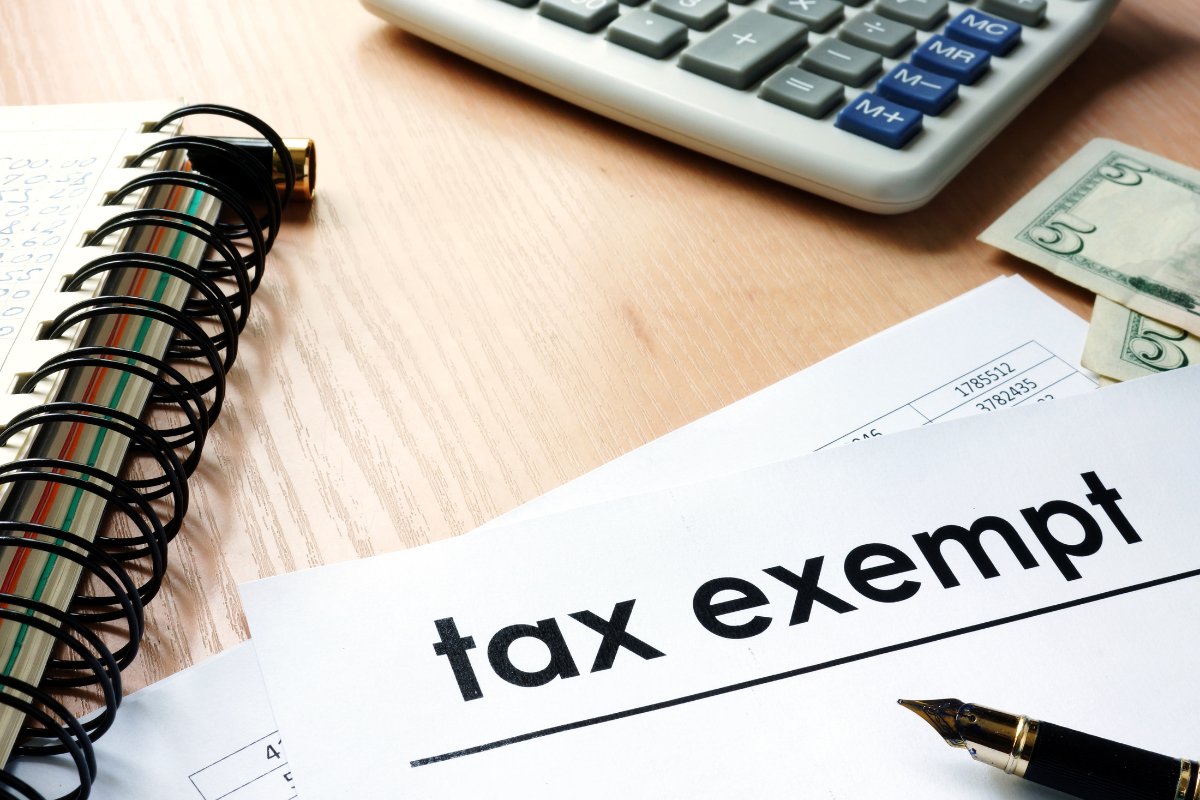CONFOTUR – Tax Incentives for Foreign Investors
The CONFOTUR Law is a key element of the Dominican Republic’s strategic policy to attract foreign investments into the local tourism sector. Let’s delve into the history, principles, and benefits of this law.
The CONFOTUR program, aimed exclusively at foreign capital, stimulates the development of tourism infrastructure, contributing to the country’s economic growth. Its goal is to attract investors who not only invest their funds in the Dominican Republic but often decide to settle in the country, further boosting the local economy. As a result, last year alone, the Dominican Republic achieved direct foreign investments of USD 4,500,000!
History
The CONFOTUR Law was formulated in October 2001. It established a special Tourism Promotion Council (Consejo de Fomento Turístico). Its original goal was to promote specific regions with high tourism potential that were economically stagnant. Through various tax incentives, the Council encouraged foreign entrepreneurs to invest in the country, particularly targeting development companies. The creation of new tourist and investment centers aimed to stimulate economic growth throughout the Dominican Republic.
Over the years, the law has undergone numerous modifications and improvements. Its success in driving local economic growth led the government to expand CONFOTUR nationwide in 2013.

Tourism Promotion Council
The Council, which approves applications for CONFOTUR benefits, includes the following institutions:
- Treasury;
- Ministry of Environment and Natural Resources;
- Ministry of Culture;
- Hotel Association Representative;
- Environmental Impact Representative;
- Technical Vice-Minister of Tourism
The Council’s diverse composition ensures that CONFOTUR not only favors economic and business development but also protects the culture and environment, which are the country’s greatest heritage. This oversight helps avoid mass commercialization of the Dominican Republic and attracts only foreign capital that commits to adhering to local cultural and environmental policies.
Tax Exemptions and Other Benefits
The CONFOTUR Law offers several significant tax benefits, attracting both large developers and individual investors. Here are the tax exemptions that can be obtained:
- Exemption from the 3% property value tax for property registration and transfer.
- Exemption from the annual 1% property value Real Estate Property Tax (IPI), with the exemption period varying by project, typically ranging from 10 to 15 years.
- Exemption from national and municipal taxes for establishing companies and expanding activities.
- Exemption from capital gains tax.

In addition to tax exemptions, CONFOTUR also provides other benefits, such as customs duty relief on the import of machinery, materials, and equipment needed for construction, as well as exemptions from fees for studies, planning, consultancy, and construction supervision.
Who Can Apply?
The following activities can qualify for the CONFOTUR program:
- Hotel and resort facilities;
- Facilities for congresses, fairs, international conferences, festivals, concerts;
- Companies conducting excursion activities from ports specified in the law;
- Construction and operation of amusement and nature parks;
- Construction and operation of port and maritime infrastructure for tourism, e.g., marinas;
- Construction and operation of tourist infrastructure, e.g., aquariums, restaurants, golf courses, sports facilities;
- Small and medium enterprises based mainly on tourism, e.g., handicrafts, ornamental plants, tropical fish, livestock farms;
- Service companies for the tourism industry, building infrastructure such as aqueducts, sewage treatment plants, sanitation, waste disposal.
Tax exemptions also apply to other properties, such as villas, plots, apartments, or boat moorings, provided they are part of a project approved by the CONFOTUR Council. Importantly, the law covers not only new companies but also the rebranding, reconstruction, or expansion of existing projects.
Eligibility Requirements
The applying company must provide comprehensive documentation and undergo scrutiny by the aforementioned Council. Required documents include the company’s name certificate, founding documents, and shareholder registry, which will be reviewed to ensure they are not involved in any illegal activities. Additionally, a thorough investigation into the origin of funds and compliance with local laws, municipal, and environmental permits is conducted.
Here are three key aspects the CONFOTUR Council considers when reviewing applications:
- Proof that the company’s activities comply with its commitment to contribute to the country’s social and economic development.
- A portion of materials must be purchased locally to reduce the carbon footprint and support the local economy.
- Compliance with Dominican labor law and maintaining a quota of Dominican employees.
All requirements and documents can be found on the Dominican Republic Ministry of Tourism website.
Does Samana Group Meet CONFOTUR Requirements?

Samana Group creates projects following principles of sustainable development and social responsibility. Protecting Samana’s natural heritage is our guiding principle, as it defines the value and appeal of Nomad City. As a company, we not only meet but exceed the program’s requirements by implementing eco-friendly solutions.
Purchase Property and Enjoy CONFOTUR Benefits!